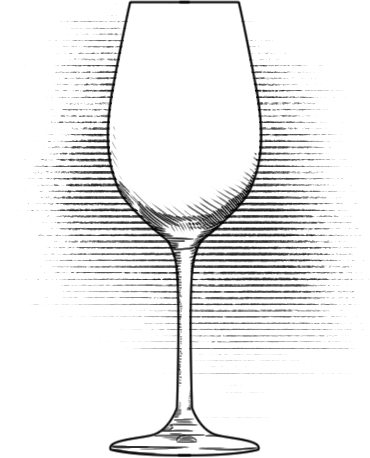
In light of New York Cider Week which just passed, it’s time for me to discuss cider. Not only was it the original everyman’s drink of the new world (long forgotten thanks in part to immigration, industrialization and prohibition) but it was also a crucial component of early American exportation trade. And today, it’s one of the most misunderstood drinks around. So many people look at hard cider as solely a beer substitute, all too often suggested to women with the demeaning thought that girls can’t handle beer. But in truth it’s much closer to apple wine than apple beer, especially when made in one of the many traditional styles from around the world. The Basque version is nearly still and has so little residual sugar that it’s sharply tart. In Normandy the cider is sparkling like Champagne and has a beautiful sweetness balanced by yeast like the sparkling wine, too. And farmhouses from rural England through their colonies in the New World produced gorgeous ciders from a wide variety of apples which produced a range of flavors and textures that very much suggest the range of wine styles.
In the last several years- and in conjunction with the movements to go back to traditional farming techniques and to revive heirloom produce- cideries have been popping up all over the USA to rekindle the drink that was such an important part of American history. Some have carefully cultivated nearly-extinct varietals to faithfully recreate old recipes. Others have taken to foraging forests and abandoned homesteads to find forgotten fruit that has been allowed to propagate naturally and creates wild flavors once fermented. And like wine, some take a “natural” approach favoring minimal manipulation and native yeasts while others use specific yeast strains and occasional additions of fresh juice to control the texture, carbonation and residual sugar content. With cider lists popping up on menus all over New York City, it’s a great time to learn to love this perfect expression of the apple which was at one time even more American than apple pie.
